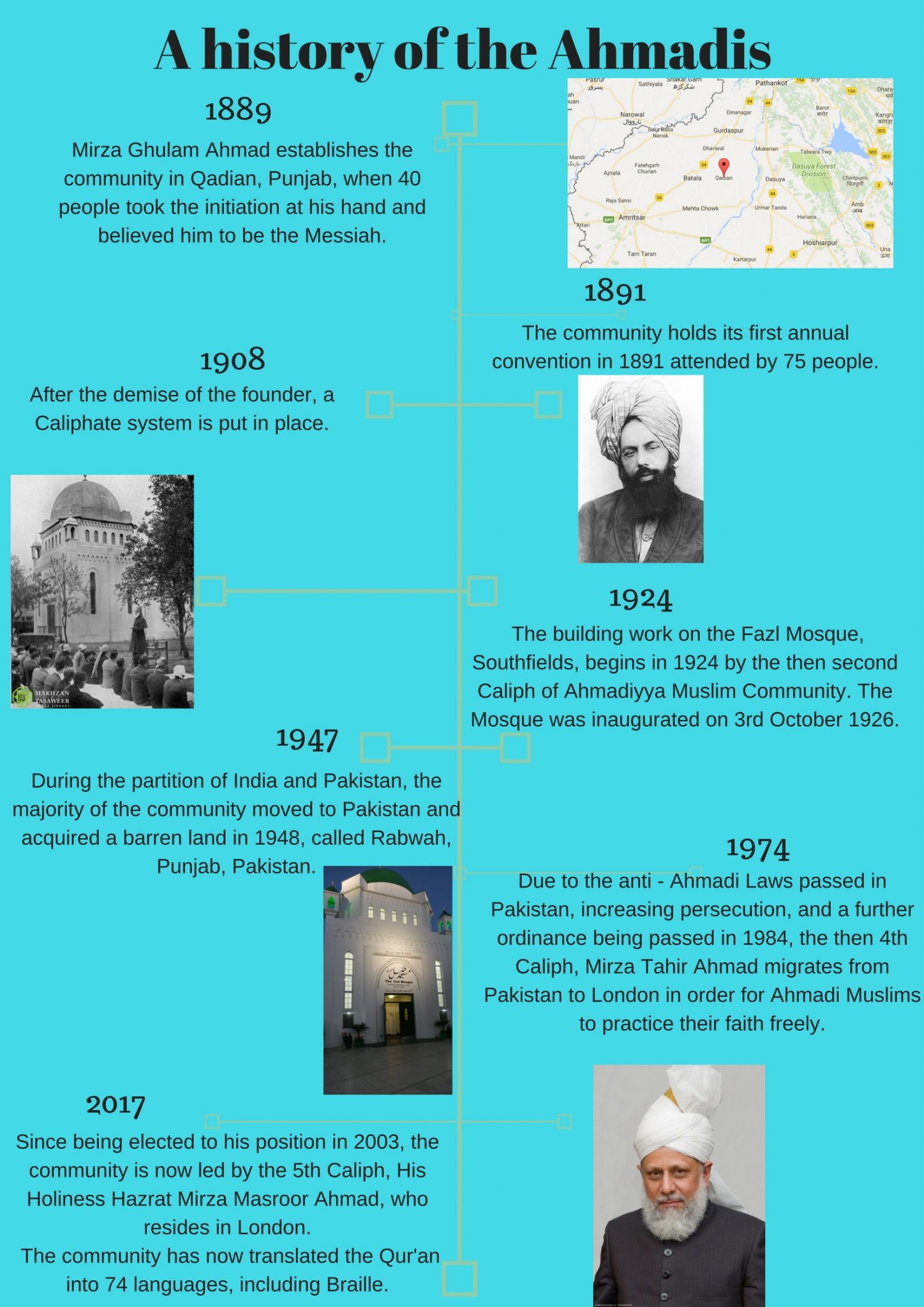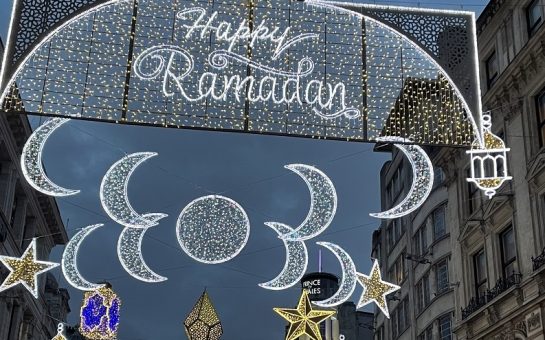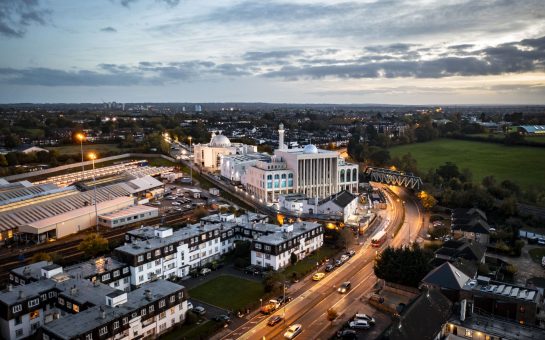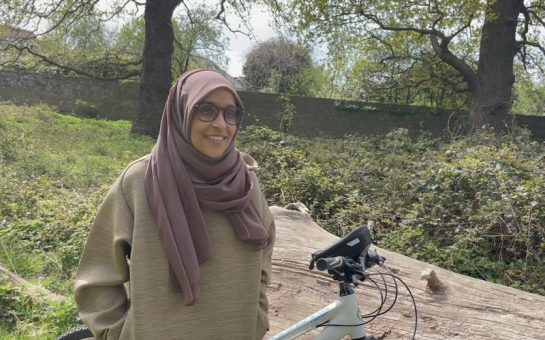Unified prayer marked the final breaking of the fast during the holy month of Ramadan this Sunday at Southfields’ Fazl Mosque.
While followers of the Ahmadiyya Muslim Community congregated at the oldest mosque in London to observe Iftar – the evening meal that signifies the breaking of the fast – the month has also seen the mosque welcome guests of all beliefs.
Farooq Aftab, vice president of Ahmadiyya Muslim Youth Association UK, said the period is a spiritual camp, allowing followers to ‘excel in righteous deeds and increase in piety’.
He said: “Serving humanity is part of Islam.
“There are two things, one to fulfil your rights to your creator, secondly to fulfil your rights to your fellow human beings.
“One of the ways of doing this is through charity, being good to people, feeding the homeless and your neighbour.”
Despite abiding by the key concepts of Islam, the Ahmadi community remains a persecuted sect, facing persecution across many Muslim nations, with a 1974 state law in Pakistan declaring them non-Muslims and making every facet of their life a criminal offence.
It faces persecution across many Muslim nations, and in 1974 state law in Pakistan declared them non-Muslim, with every facet of their life a criminal offence.
Mr Aftab said: “Ahmadis generally are the most persecuted religion in the world and an Ahmadi in Pakistan cannot do anything which resembles being Muslim.
“He can’t worship, he can’t go to the mosque, he can’t use salutations, he can’t even say the greeting of peace, and if we do we get a minimum fine or a jail term and if you add the blasphemy law it’s death.
“It’s not only far reaching for Ahmadis but non-Ahmadis as well, so if you went to Pakistan and called an Ahmadi a Muslim you could go to prison.
“It has social dimensions too, ladies not served, they have issues with the religious attire they wear, they are singled out, children are segregated in school and at universities, children are told to eat separately and sleep separately, so it’s very far reaching.”
Since its birth in British controlled Punjab in 1889, the group has reached millions worldwide and travelled across more than 209 countries, making its arrival in 1913 to the UK where it is now led by Mirza Masroor Ahmad, the fifth caliph of the community.
Mr Aftab said: “We have always been working to get our message out and I think now more notice is being taken by the press and others because it is a message which is now resonating with people, and we are providing practical examples of how Islam and the West are compatible.
In the aftermath of the London and Manchester terrorist attacks, the community has openly condemned such acts of hate, attending vigils across the country wearing their noticeable T-shirts with the slogan ‘I am a Muslim, ask me anything’.
Mr Aftab said: “We want to make it completely and absolutely unequivocally clear that terrorism has no religion, no colour and it certainly has nothing to do with Islam.
“If you look at the Ahmadiyya Muslim Community, which is well integrated in the UK and has been here for more than 100 years, we have no incidents of radicalisation and extremism.”

Alongside their unifying message of ‘love for all, hatred for none’, when it comes to tackling extremism Mr Aftab believes there needs to be religious literacy and an understanding of the faith’s true message.
He said: “There are a lot of other things which need to be looked at like online hate, social media and monitoring of mosques which our caliph said several years ago and now people are picking up on that.
“He said you can monitor Ahmadi mosques as well and I think that is one important step which needs to be looked at.”
As the sect continues to embrace the values of tolerance and pluralism amid terrorism, and in a world where many extremists disregard them as Muslims altogether, the Ahmadiyya community continues to reach out to those who have a moment to hear their message.




